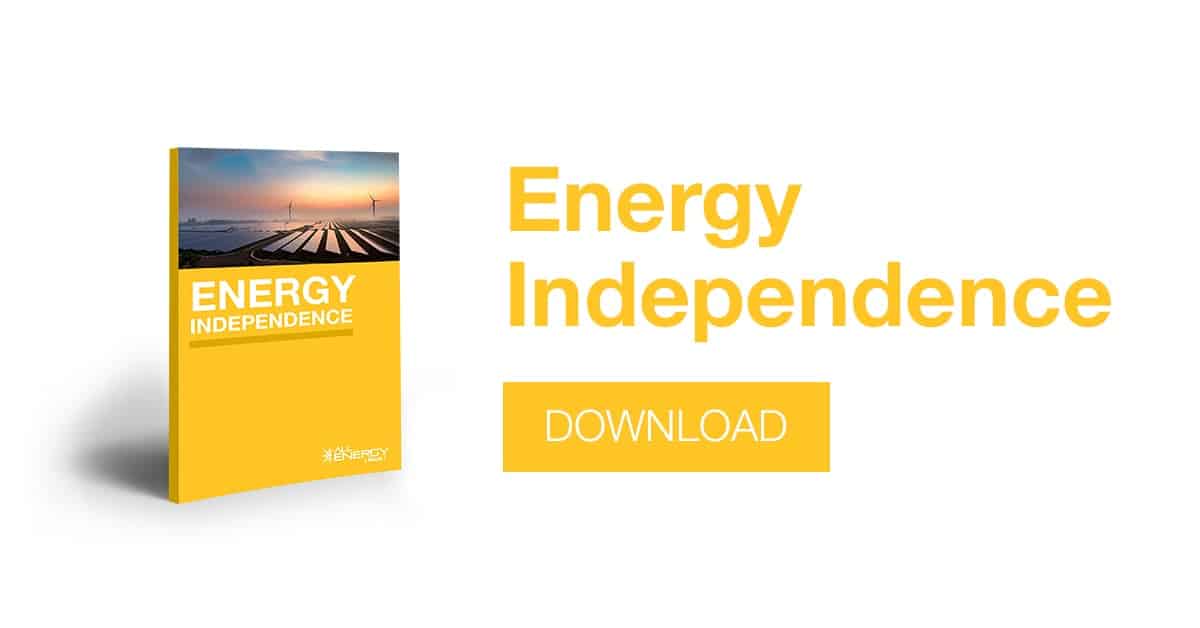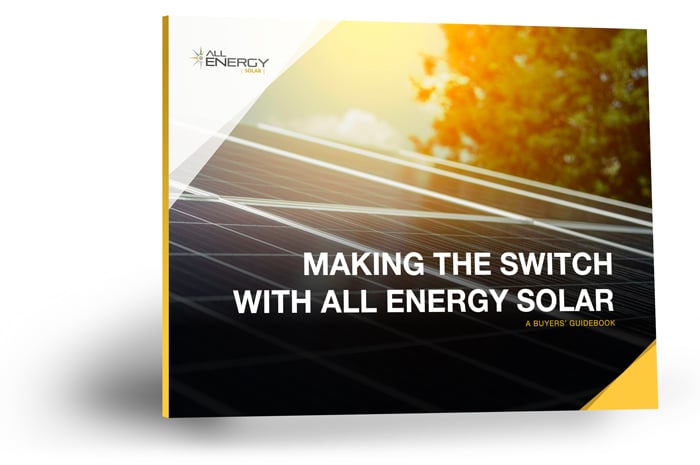In recent years the United States has become one of the largest energy producing nations, further cementing the ideology of an energy independent country far from the control of external entities primed with massive reserves. This feat has been met with ample amounts of applause and scrutiny from energy experts ranging in a variety of disciplines.

Energy independence has been categorized as independence regarding energy resources, energy supply, and/or energy generation by the energy industry.
In a previously conducted interview with NPR, Robin West, consultant and managing director at BCG Center for Energy Impact, equated this push for dependence as a transformational event. “It’s a big deal in terms of U.S economic activity, substantial reduction of our trade imbalance, the strength of the dollar. This affects everything.”
The issue with non-renewables
A decent amount of the talk surrounding the topic of energy independence pertains specifically to non-renewable forms of energy production. This leaves room for highly politicized debates factoring in variables such as trade deficits and international law on resources seen by many in the scientific community as harmful to the environment.
Other experts see this boom in energy independence as an overall positive for renewables. Dan Kammen, an energy and resources professor at UC Berkeley, spoke to his initial doubts, claiming that cheaper prices of non-renewables would be too good to pass up for many legislators.
But what weighs on his mind is the fact that the depletion of fossil fuels is inevitable, and other experts estimate that the US only has enough natural gas reserves to last just over 90 more years.
That goes to show that the securest route for energy independence is the adoption of renewable energy on a wider and broader scale. What seems improbable has already been deemed the opposite by a study conducted by researchers at Stanford, citing an ambitious overhaul within 20 to 40 years. Several countries have begun their quest for 100% renewable energy as well, most notably Iceland and Costa Rica.
Your solar advantage
On a more personal and individualized scale, bringing energy independence to your home is easily achievable. The recent rise in popularity of solar panels has given the individual homeowner the ability to seize their own slice of freedom, removing themselves from harm of energy grid malfunctions, hazardous blackouts caused by inclement weather, and utility companies incessant price increases.
Although 100% energy independence might not necessarily be achievable within every circumstance, installing your own solar panel system is an investment that proves to be of incredible value.
Get in touch with your local solar installer to learn more about how you can take the first step in providing an energy independent system for your home!
Download our eBook, Energy Independence, to learn how your solar panels can bring you one step closer to achieving an energy independent home!


